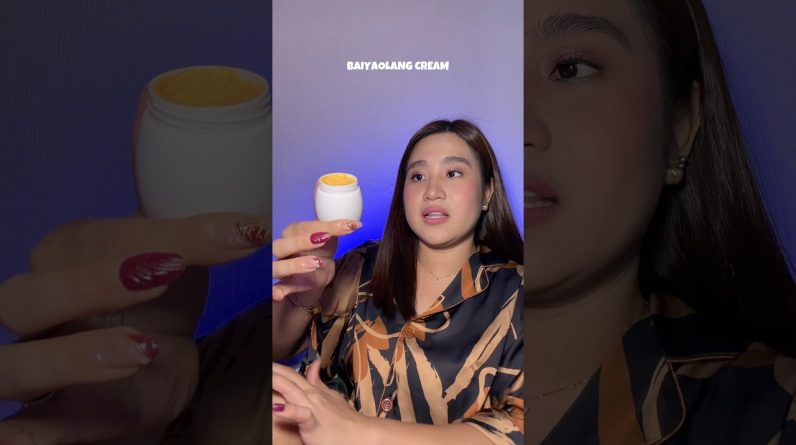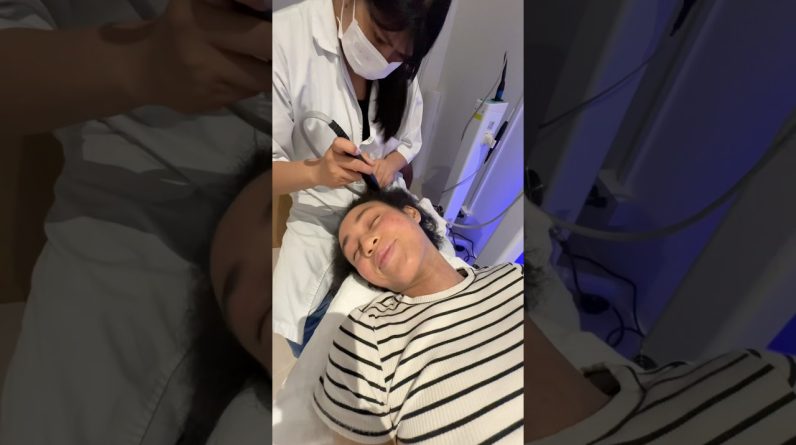🦶What is Psoriasis? We review psoriasis treatment, symptoms, eczema vs. psoriasis, & psoriasis home remedies!🦶
Psoriasis is a chronic autoimmune disease that affects the skin. It occurs when the immune system mistakenly attacks healthy skin cells, causing the skin to produce new cells at an accelerated rate. This rapid cell turnover results in the accumulation of thickened, red patches of skin with silvery scales.
Causes:
The exact cause of psoriasis is not fully understood, but it is believed to involve a combination of genetic, immune system, and environmental factors. In people with psoriasis, certain immune cells called T cells become overactive and trigger inflammation, leading to the excessive growth of skin cells.
Types:
Plaque psoriasis: The most common form, characterized by raised, red plaques with silvery scales. It often affects the elbows, knees, scalp, and lower back.
Guttate psoriasis: Often triggered by bacterial infections, it appears as small, drop-like lesions on the trunk, limbs, and scalp.
Inverse psoriasis: Affects skin folds, such as the armpits, groin, and under the breasts. It appears as smooth, red patches.
Pustular psoriasis: Presents as white, pus-filled blisters surrounded by red skin. It can be localized or generalized.
Erythrodermic psoriasis: A rare and severe form that causes widespread redness, shedding of the skin, and can be life-threatening.
Treatment:
While there is no cure for psoriasis, several treatment options can help manage symptoms and improve quality of life. The treatment approach depends on the type and severity of psoriasis and individual factors. Treatment options include:
Topical treatments: Creams, ointments, gels, or shampoos containing corticosteroids, vitamin D analogs, retinoids, salicylic acid, or coal tar to reduce inflammation, control scaling, and alleviate symptoms.
Phototherapy: Controlled exposure to ultraviolet (UV) light, either natural or artificial light, to slow down cell turnover and reduce inflammation.
Systemic medications: Oral or injected medications, such as methotrexate, cyclosporine, acitretin, or biologics, that target specific aspects of the immune system to manage symptoms.
Combination therapies: Different treatments may be used together, such as topical treatments with phototherapy or systemic medications.
Lifestyle modifications: Managing stress, avoiding triggers, maintaining a healthy weight, moisturizing the skin, and using gentle skincare products can help alleviate symptoms and reduce flare-ups.
👉 Shoes 👈
Best Shoes:
Best Products:
📢Come See Us in Detroit, Michigan, Berkley Michigan; Bloomfield Hills, Michigan, Lansing Michigan; and Grand Blanc Michigan📢
If you are in Michigan, consider seeing us at our clinic:
👉 LINKS 👈
Disclaimer: This video and description contain affiliate links, which means we may receive a commission if you click on one of the product links. I appreciate your support of this channel!
DISCLAIMER:
Dr. Tomasz Biernacki received his Doctor of Podiatric Medicine degree from Kent State College of Podiatric Medicine in 2013; he completed his Surgical Reconstructive Foot Surgery & Podiatric Medicine Residency in 2017; he completed 2 separate traveling Fellowships in Diabetic Surgery, Skin Grafting & Nerve Surgery. He is double board certified in Podiatric Medicine and separately in Foot & Ankle Surgery. His use of “doctor” or “Dr.” about himself solely refers to that degree. Dr. Biernacki is a licensed podiatrist in Michigan. This video is for general informational purposes only. It should not be used to self-diagnose and is not a substitute for a medical exam, cure, treatment, diagnosis, prescription, or recommendation. It does not create a doctor-patient relationship between Dr. Biernacki and you. It would be best if you did not change your health regimen or diet before consulting a physician and obtaining a medical exam, diagnosis, and recommendation. Always seek the advice of a physician or other qualified health provider with any questions regarding a medical condition.
source








